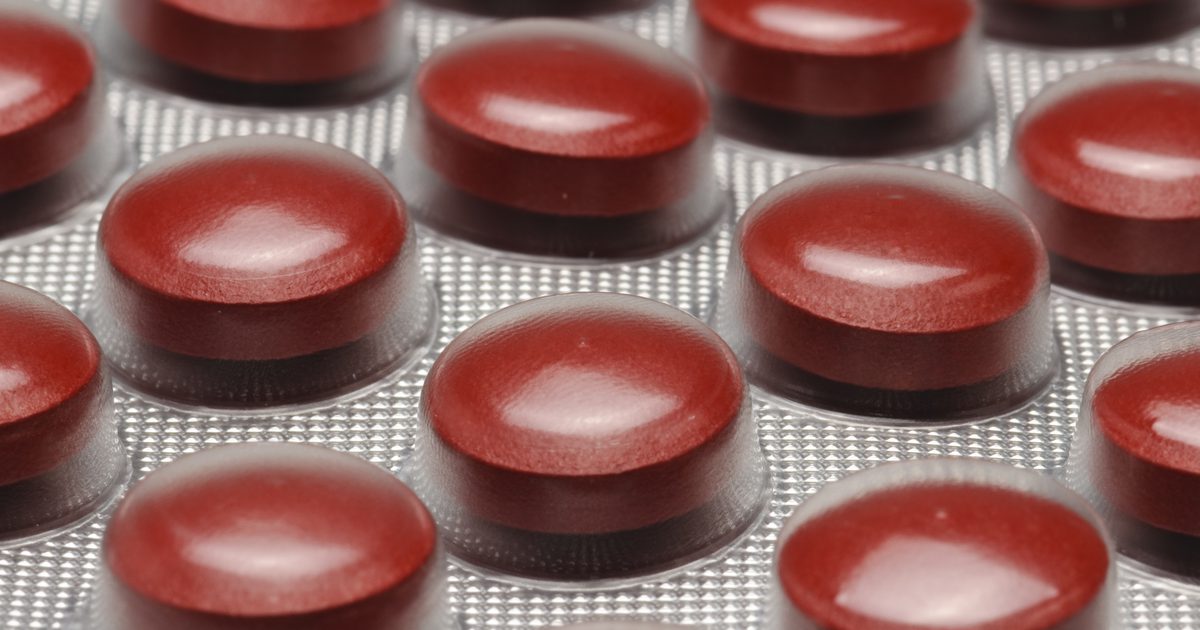Risk Factors And Causes Of Glossitis
When dentists say they have some news for patients, the first thought is typically a cavity or root canal. Instead, dentists may diagnose patients with a case of glossitis, which is inflammation of the tongue. This inflammation causes the tongue to swell and change color, and in severe cases, patients may have trouble eating or speaking. Fortunately, glossitis will go away on its own or subside when its underlying cause is identified and treated. The condition causes no permanent effects but is quite uncomfortable and worth avoiding when possible. Get familiar with the risk factors and causes of glossitis now.
Low Levels Of Iron

The tongue is a muscle, quite a powerful one for its size, and like all muscles, the tongue requires a protein called myoglobin. The body makes this protein and then uses red blood cells to carry it to the muscles throughout the body. Individuals with low levels of iron, however, make too few red blood cells. As a result, their muscles don't get enough myoglobin, and when their tongue lacks this important nutrient, it can swell and become quite pale. The condition can be painful, and patients may have trouble tasting food as their tongue swells over and around their taste buds. Fortunately, iron supplements or infusions from a doctor can increase the amount of iron in a patient's system and reverse their glossitis.
Learn more about the causes and risk factors of glossitis now.
Allergic Reactions

We've all heard horror stories about individuals struggling to breathe due to a swollen tongue after a bee sting or allergen exposure. This type of swelling comes on quickly and is known as acute glossitis. Fortunately, most allergic reactions are much less severe, but the tongue may still swell slightly. Medications, foods, and some kinds of toothpaste can all cause glossitis. An allergen doesn't have to have direct contact with the tongue to trigger swelling, as many allergies cause systemic reactions that affect the entire body. As such, a medicated lotion a patient rubs on their foot could cause their tongue to swell, even though these two parts of the body are nowhere near each other. If patients notice their tongue swelling frequently, they should try to look for a pattern or consult a doctor about an allergy test.
Keep reading for more details on glossitis causes and risk factors now.
